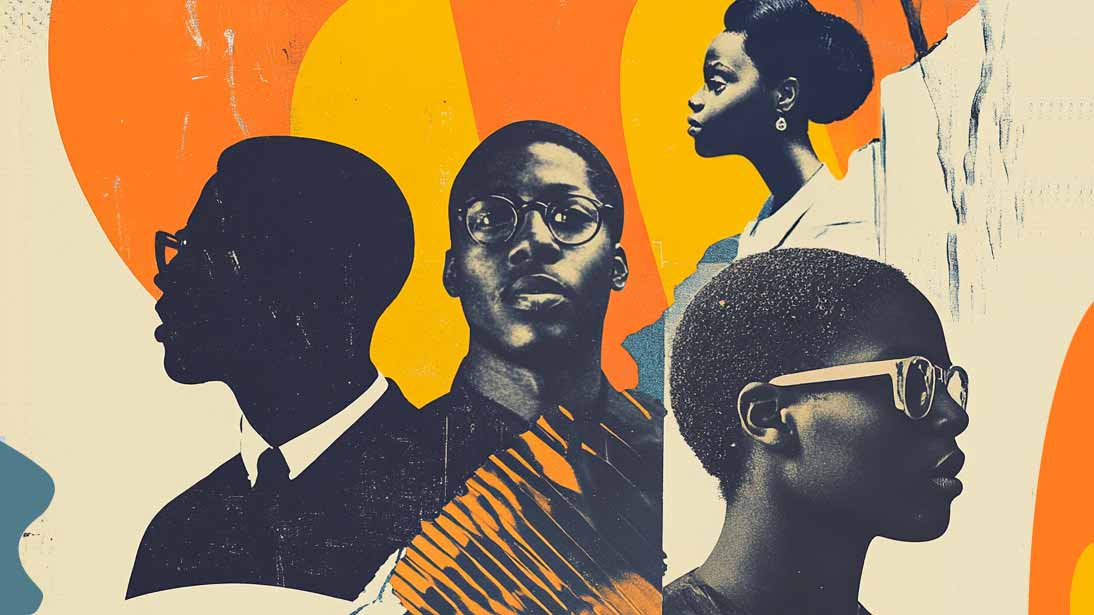Honoring Black Intellectual Pioneers

February is Black History Month, and as a part of the celebration, we’d like to honor a set of scholars who had a profound impact on education. These five black individuals championed intellectual growth and the pursuit of knowledge. Their contributions not only enriched the academic world, but also inspired countless individuals to pursue their dreams, irrespective of the obstacles they faced. Through their unwavering commitment to cognitive advancement, they have demonstrated the transformative power of continuous self-improvement in fostering personal and societal expansion.
Kelly Miller: Advocate for scholarship
Kelly Miller, a sociologist and mathematician, promoted increasing instruction for African Americans. As the first Black graduate student in mathematics at Johns Hopkins University and later a dean at Howard University, he worked to broaden opportunities for training and higher learning. Miller’s writings highlight the necessity of adult education programs and skill building. He firmly believed that it should be accessible to everyone, regardless of age or background.
Marva Collins: Transforming instruction
As a revolutionary, Marva Collins discussed the academic landscape by highlighting the importance of critical thinking and self-discipline. She majored in secretarial studies at the Clark College of Atlanta but never became a secretary due to racial discrimination. Collins returned to Alabama where she taught at a local school. Her eagerness to grow and improve herself drove her to continually seek out new knowledge. During this time, she taught herself how to type, bookkeep, and understand business law. In 1975, she founded the Westside Preparatory School in Chicago, with the mission of providing quality pedagogy for underserved communities, including adults aiming to enhance their skills.
Fanny Jackson Coppin: A Visionary
One of the first Black women to earn a college degree, Fanny Jackson Coppin was a pioneer in academic administration. As the principal of the Institute for Colored Youth (now Cheyney University), she introduced evening courses and vocational programs to ensure that working adults had access to professional development. Her beliefs shaped policies that encouraged career advancement and ongoing intellectual growth for African Americans.
Benjamin Mays: Tool for liberation
Benjamin Mays was an advocate for personal enrichment, particularly encouraging Black adults to pursue continuous learning as a means of personal and collective empowerment. He believed that acumen was the key to overcoming racial injustice and economic limitations, urging Black men and women to seek knowledge beyond formal schooling. Mays reiterated the importance of adult competency through public speaking and writing. His work laid the foundation for educational opportunities that extended beyond the classroom, inspiring generations to commit to lifelong learning.
Inez Beverly Prosser: Breaking Barriers
The first Black woman to earn a Ph.D. in psychology. Inez Beverly Prosser’s groundbreaking research focused on equity and the psychological well-being of Black students in both segregated and integrated schools. She was a strong advocate for expanding academic opportunities beyond traditional schooling, emphasizing the importance of mentorship, guidance, and continuous learning. Prosser dedicated her career to supporting students of all ages, helping them develop the skills and confidence needed to succeed. Her legacy continues to inspire adult learners to pursue knowledge and personal growth, regardless of societal barriers.
These remarkable leaders paved the way for accessible and inclusive opportunities for self-improvement and professional development. As we celebrate their legacies, we reaffirm our commitment to supporting perpetual education initiatives that empower individuals to achieve their goals and reach their full potential.